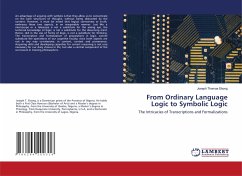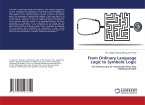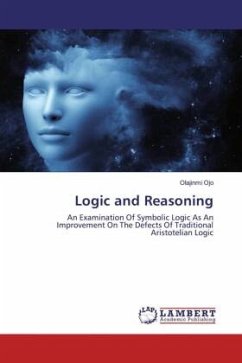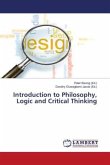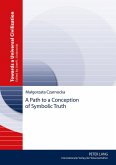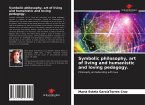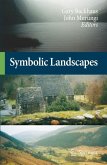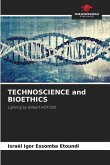An advantage of arguing with symbols is that they allow us to concentrate on the bare structures of thought, without being distracted by the content. However, it must be noted that logical correctness or truth, embraces these two aspects, in an inseparable manner. Just like a microscope or a telescope is not a substitute for the seeing eye, the technical knowledge of logic, is not a substitute for the discerning mind. Hence, skill in the use of forms of logic, is not a substitute for thinking. The transcription and formalization of propositions in logic, cannot substitute the operations of our cognitive faculty, since both aspects are not in any way co-extensive, in content, context and provenance. Acquiring skills and developing capacities for correct reasoning is not only necessary for our daily choices in life, but also a central component of the curriculum in training philosophers.

